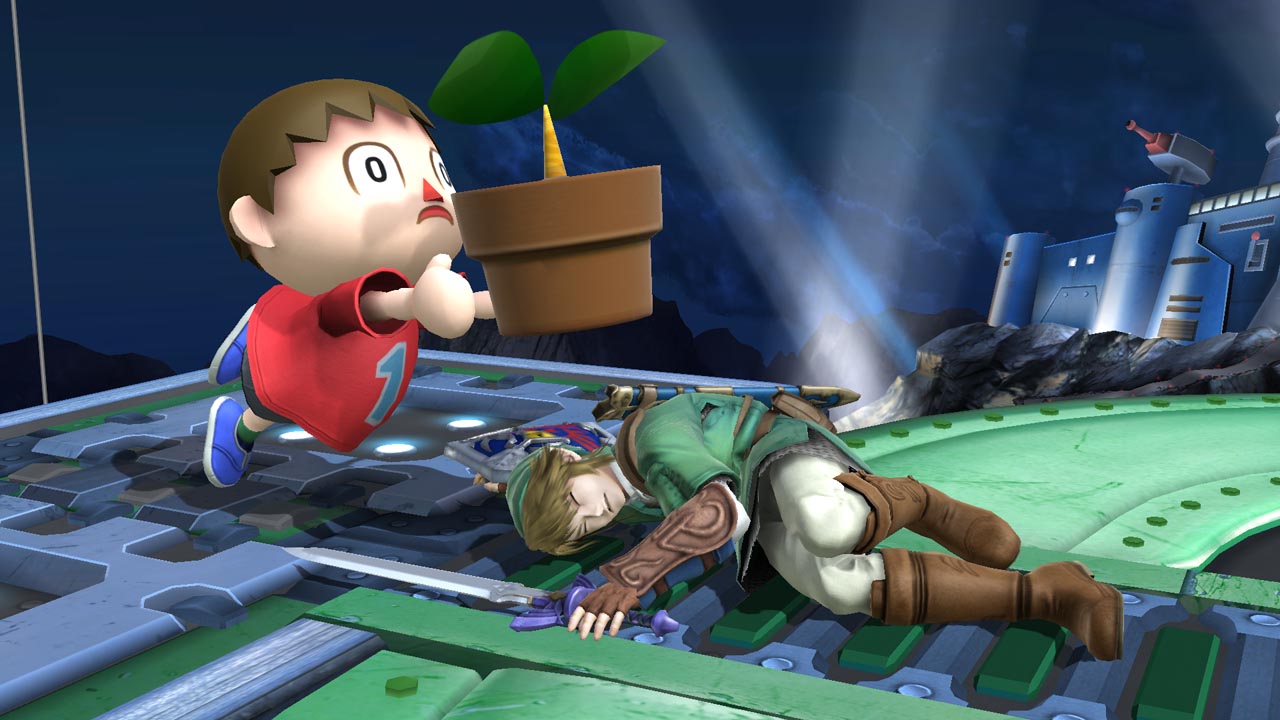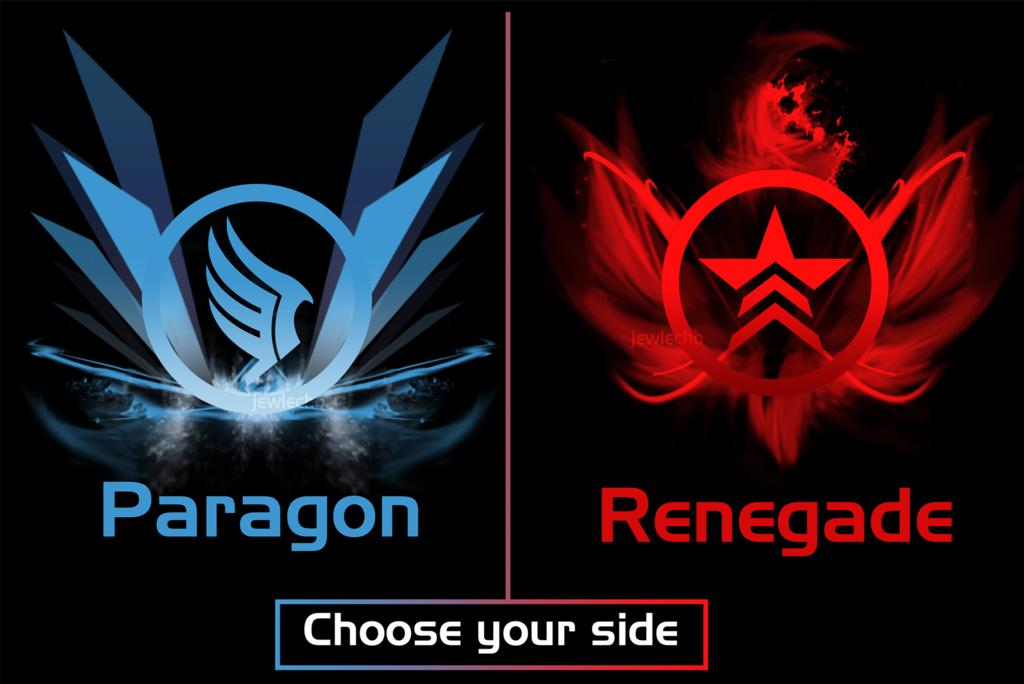Gaming is a huge part of both the academic and leisure sides of my life. I have been playing video games as a leisure activity for more than 30 years so the overlap into other areas of my life are both inevitable and undeniable. Lately I have been looking at specific events in my personal life in order to see how they have affected my life as a teacher and scholar. The ones that specifically involve video games will (hopefully) become a part of a larger project and will be played around with (no pun intended) here as is appropriate. Let me know what you think…
I am a woman, a teacher, a parent, and a gamer. I have been a gamer far longer than I have even considered being a teacher or a parent. The first video games that I remember playing as a child were the handheld football, baseball, and basketball games by Mattel. These games were released when I was about eight years old. At eight I was considered too young to play games at arcades (if there was one to be found) so my gaming community was comprised of my immediately family and friends. As an eight year old female child of a single female parent (who still has no interest in sports and runs screaming from the room if you turn a game on) I had little opportunity to learn the rules of sports. Unfortunately, in order to be successful at the games that I was so anxious to “win” it was necessary for me to rectify my lack of knowledge of the basic rules of football, baseball, and basketball (and the very existence of downs, innings, and quarters). I (and to some extent my immediate gaming “community”) had to learn what these things were and how they operated in context.
Had the activity that necessitated the learning of these foreign and elusive rules not provided me with (the promise of) enjoyment and perhaps even inclusion into a larger gaming community I am fairly certain that all of the hours of work spent thinking about why my game ended when I did various things and made various moves would have never been spent. It became necessary early on to think critically about the game in order to not only teach myself about the game, but to help others in my sports illiterate gaming community to learn as well. I played game after game of football (initially and with most fervor) in order to figure out what I had to do in order to continue my turn and how many times I got to fail before I was forced to start all over again. Oddly, the game (and it’s developers) made the assumption that anyone playing the game had a basic understanding of the rules of play. I did not.
Later came the consoles and games that had better documentation, but were no less unforgiving when it came to the process of learning the strategies and mechanics of the game. I poured over the tiny 10+ page booklets that came with my game carts in order to better understand what it was that I was supposed to be doing and how I could stay “alive” in the process.
As a researcher these memories have been especially haunting as of late. I have been thinking more and more about what these means about my learning process and how it can be applied to the learning processes of other folks as well. As a teacher, I now find myself faced with a generation of students (undergraduate and graduate) who have never known what it is like NOT to have home based gaming consoles and computers on the market. Some exposure to games and gaming on these machines (be it Solitaire, Super Mario Brothers, or CounterStrike) is almost inevitable. These folks know what it is to try and fail at video games and even if they are not gamers themselves (or never want to touch another one) they know what it is to interact with the tutorial systems of these games and can readily apply it to their own teaching and learning processes. Even in the rare case where the instructor has not had any interaction with an electronic game of any sort I think that talking about Composition pedagogy through the lens of video games can be useful because it is based on tenets that are similar to those that are used in the very design of the tutorials and game play of some of the more successful video games. So in the coming weeks as I begin to work on a New Media Studio project alongside my 7 fabulous graduate students, this is something that I am going to explore more deeply and attempt to come up with some kind of scholarly/pedagogical “thing” that stays true to subject matter and is yet accessible to a wide range of “readers”. Wish me luck!




